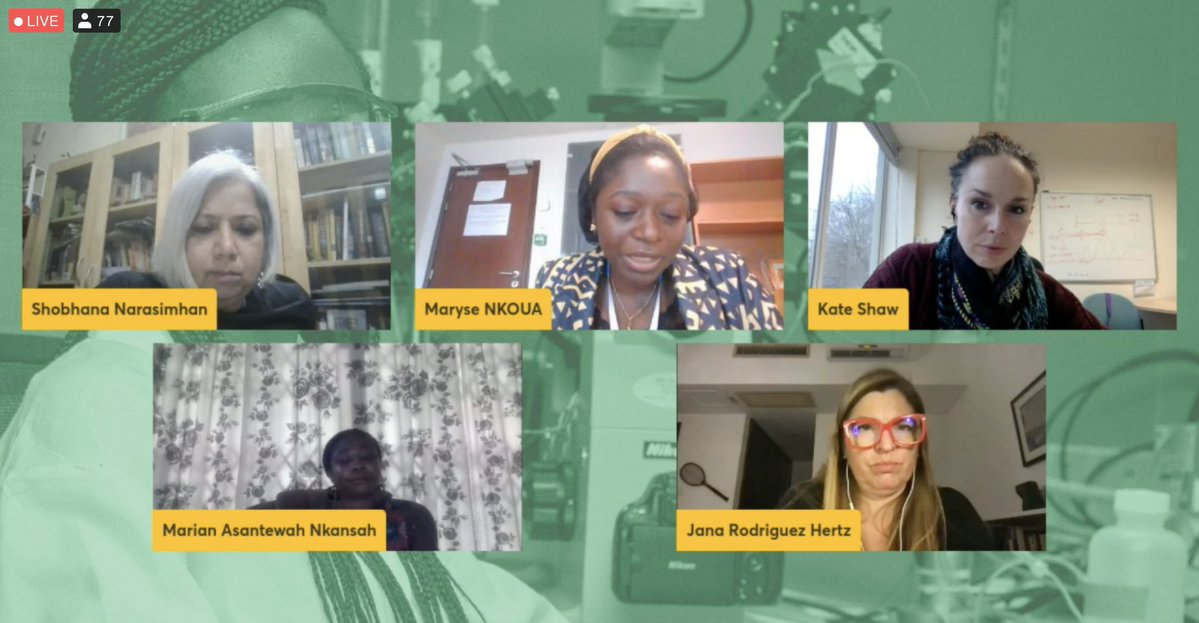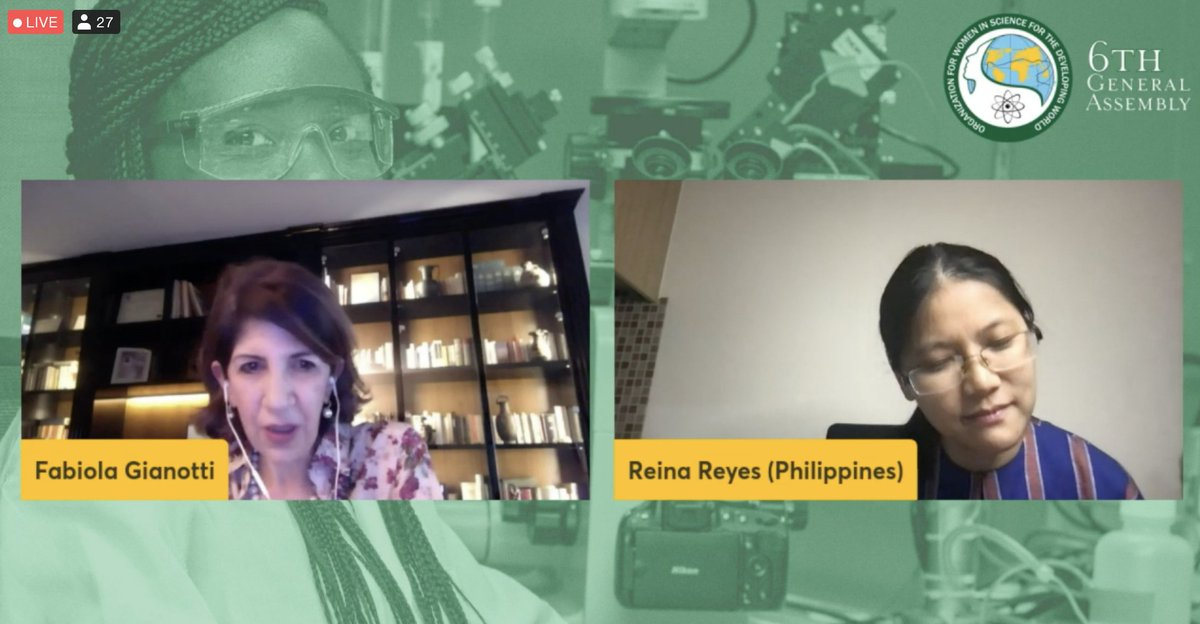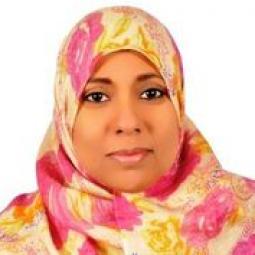OWSD General Assembly Day 3: OWSD scientists advocate for support for basic sciences in developing countries
November 16, 2021
 The theme of day 3 of the OWSD 6th General Assembly and International Conference was the importance of basic sciences for development.
The theme of day 3 of the OWSD 6th General Assembly and International Conference was the importance of basic sciences for development.
Four scientists opened the day with a reflection on whether or not the distinction between basic and applied sciences is valid, and whether or not it is true to that basic sciences are a luxury that developing countries cannot allow themselves. The panel discussion was entitled: “Looking towards 2022: International Year of Basic Sciences for Sustainable Development”. It was moderated by Shobhana Narasimhan, a researcher in computational nanoscience.
Compelling arguments were put forward in support of the basic sciences. Jana Rodríguez Hertz , Professor of Mathematics at the Southern University of Science and Technology in China, argued that there should not be a separation between basic sciences and applied sciences: ”Every part of science is essential,” she said. “If developing countries do not engage in basic sciences they are condemned to forever be just technicians.” Developing countries need to develop their own theories and models instead of accepting theories from the West, she continued. They cannot do this without the basic sciences. “It is impossible to be a developed country without having our own basic and fundamental research. Fundamental research does not have to have any immediate application, it is about developing theory.”
Maryse Nkoua Ngavouka, lecturer in Physics at Université Marien Ngouabi in Congo-Brazzaville, said applied sciences depend on the ideas and theories of basic sciences. She added that there are not many applied science labs in her country, so basic sciences are key.
Marian Asantewah Nkansah, Associate Professor in Biochemistry at Kwame Nkrumah University of Science and Technology (KNUST), Ghana, said ”Every research solves a problem. It is filling a knowledge gap or a practical solution to a problem.” She said the distinction between the basic and applied is a convenient administrative distinction exploited by funders. “Basic science holds the key to application… basic science is the foundation on which application rests. Human development is not sustainable without basic sciences.” She called on funders to commit a percentage of their funding to basic science.
Kate Shaw, UK experimental particle physicist based at the International Center for Theoretical Physics (ICTP) in Trieste, Italy, emphasized the importance of having an interplay between basic sciences and applied sciences. Basic sciences benefit from the innovations that applied sciences offer, she said.
 The work of CERN
The work of CERN
Director-General of the European Organisation for Nuclear Research (CERN), Fabiola Giannotti, gave a live presentation on CERN's extensive and highly-respected work in both particle physics research and in education. She said that CERN’s research has been highly awarded, with CERN scientists having won Nobel prizes. The World Wide Web was developed by a CERN employee, Tim Berners Lee. This is an example of a CERN invention that found application in everyday life. She spoke about CERN’s work in understanding the dark universe and of developing cutting-edge technologies that are applied in medicine and space travel, among others. CERN, she said, promotes open science; all discoveries and technologies made at CERN are made available to humanity free of charge. She spoke about the work of CERN’s training, educational and outreach programmes for young people, particularly girls and young women. She said that CERN’s 17,000 staff come from over 110 member, associated and observer countries and developing countries.
CERN, conference participants learned, was created at the end of WWII to foster fundamental research with no military purpose and to use science as a way to foster unity between countries. CERN has 50 international cooperation agreements with mostly developing countries to build scientific capacity.
CERN, Fabiola Giannotti said, promotes equal opportunities for men and women, and the participation of women at the institution has increased over time from 6 to 15 percent. She highlighted the high-level positions at CERN occupied by women. She talked about the various strategies CERN employs to attract more women, such as providing an on-site day care centre, flexible working arrangements, no pay gap, respectful workplace underpinned by a code of conduct, and an ombudsperson.
During the Q&A session moderated by Reinabelle Reyes, an astrophysicist from the Philippines, Dr Giannotti defended investment in basic sciences, saying, “Fundamental research is a pillar for the development of society.” She added that lifesaving innovations would not be possible without fundamental research. Scientists, she said must get better at communicating the value of basic sciences.
What it is like to be a woman scientist?
The panel reconvened to answer questions from the audience. They discussed the study of science for the joy of discovery and why they chose their respective fields. They described the experience of realising that by choosing science, they were entering a male-dominated space. They deplored that young people, especially women, are often advised to follow scientific fields that allow them to find employment quickly, rather than embark on life-long scientific enquiry. Marian Asantewah Nkansah made an impassioned call to action for all scientists from the developing world to advocate for the designation of 2022 as the International Year of Basic Sciences for Sustainable Development.











































